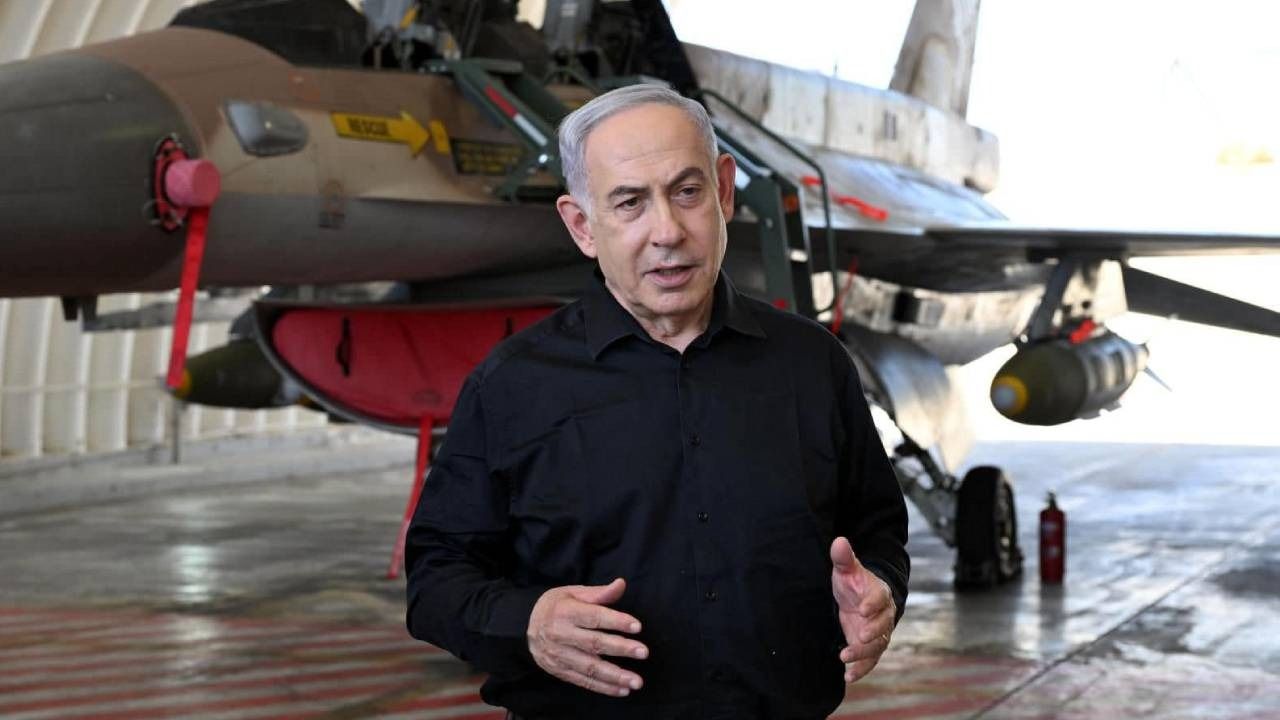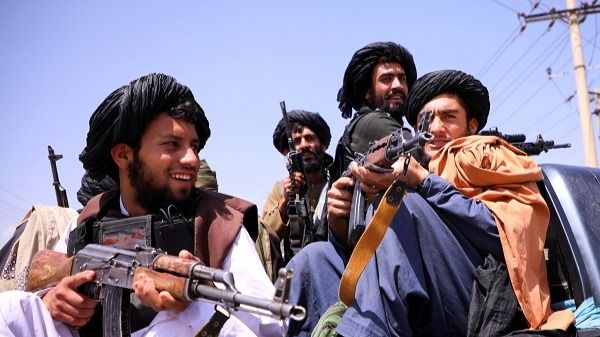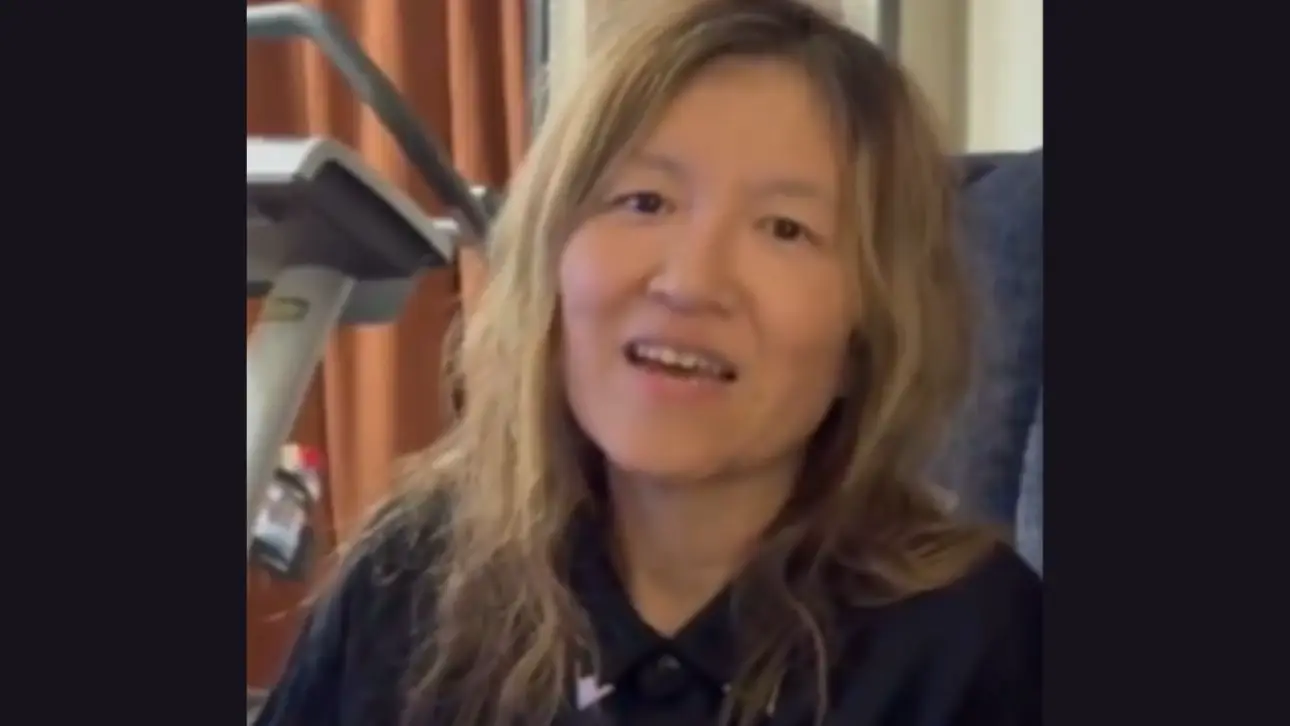Beirut: Tensions in the Middle East continue as the war between the West Asian nations rages on; in a latest update, Israeli Prime Minister Benjamin Netanyahu has confirmed an airstrike targeting a ‘specific component’ of Iran’s nuclear programme, giving this war a ‘nuclear turn’.
Netanyahu Confirms Israeli Strikes Targeting Iran’s Nuclear Programme
On Monday, Israeli PM Netanyahu confirmed that amid the ongoing Israel-Iran War, an air attack by the Israeli Defence Forces (IDF) hit an ‘element’ of the nuclear programme of Tehran and thus degraded its defence and missile production capabilities.
‘It Is Not a Secret’: Benjamin Netanyahu
In his parliament speech, Israeli Prime Minister Benjamin Netanyahu said, “It’s not a secret. There is a specific component in their nuclear programme that was hit in this attack.”
The component has not been identified by the Israeli Prime Minister but it has been said that despite the attack, Iran’s path to a nuclear weapon has not been blocked.
Netanyahu, in his speech, offered a few more details on what Israel had targeted. Israel’s April strike, he said, was narrower, taking out one of four Russian-supplied S-300 surface-to-air missile defence batteries around Tehran, the Iranian capital.
He said that in October, Israel destroyed the remaining three batteries and caused serious damage to Iran’s ballistic missile production capabilities and its ability to produce solid fuel, which is used in long-range ballistic missiles.
5 Killed, 24 Injured in Fresh Israeli Strike on Lebanon
In another related news, an Israeli airstrike slammed into a densely populated residential area in Lebanon’s capital near key government and diplomatic buildings late on Monday, killing at least five people as the US pressed ahead with cease-fire efforts.
Lebanon’s state-run National News Agency said two missiles hit the area of Zoqaq al-Blat neighbourhood — where local UN headquarters and Lebanon’s parliament and prime minister’s office are located.
The Israeli military had no immediate comment on the strike, which also wounded 24 people, according to the Lebanese Health Ministry.
Many areas in central Beirut, including Zoqaq al-Blat, have become a refuge for many of the roughly one million people displaced by the ongoing conflict in southern Lebanon and the southern suburbs of Beirut. The strike also occurred near Hussainiye, a Shia mosque.
The target of the airstrike remained unclear, and the Israeli army did not issue a prior warning. Ambulance sirens echoed through the streets as an AP photographer on the scene saw significant casualties on the street.
It was the second consecutive day of Israeli strikes on central Beirut after more than a month-long pause. On Sunday, a strike in the area of Ras el-Nabaa killed Hezbollah media spokesperson Mohammed Afif, along with six other people, including a woman. Later that day, four people were killed in a separate strike in the commercial district of Mar Elias.
The Israeli military has not said what the target of that strike was.
Minutes after Monday’s strike, Lebanon’s caretaker Prime Minister Najib Mikati said in a post on X, “All countries and decision-makers are required to end the bloody and destructive Israeli aggression on Lebanon and implement international resolutions, most notably Resolution 1701.” UN Security Council Resolution 1701, adopted in 2006, ended a monthlong war between Israel and Hezbollah and was intended to create a buffer zone in southern Lebanon. However, the resolution’s full implementation has faced challenges from both sides.
(Inputs from AP, Reuters)
Netanyahu Confirms Israel’s Strike Hit ‘Specific Component’ Of Iran’s Nuclear Programme world-news World News | Latest International News | Global World News | World Breaking Headlines Today




